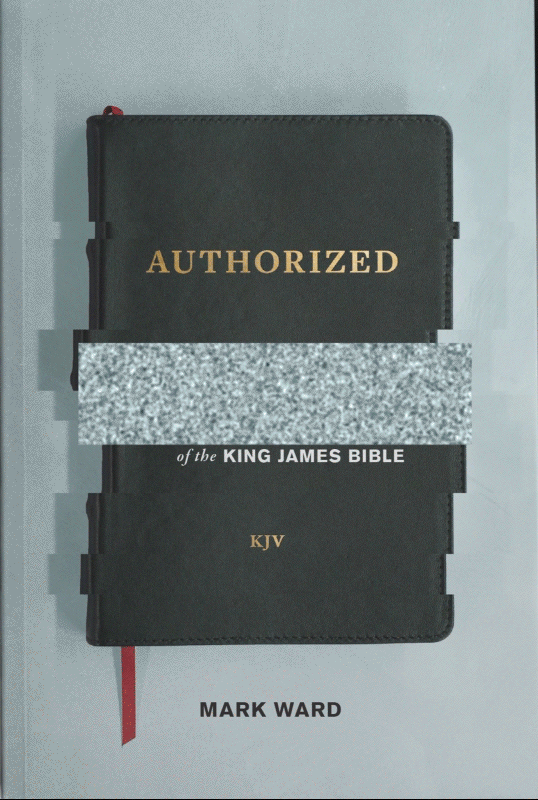How were the respondents chosen?
Volunteers built a database of KJV-Only pastors by checking countless church websites and reading their doctrinal statements.
The overall performance for second-person pronouns was nearly 50%—isn’t that what you would expect given a 50/50 chance of guessing right?
The grammatical rule for reading second-person pronouns in KJV English is widely reported in pro-KJV literature: t- pronouns (thee, thy, thine) are singular, y- pronouns (ye, you, your) are plural. This is why seven of the respondents got a perfect score on this portion of the survey: they did not guess.
Aren’t these questions unfair? Is it reasonable to expect a pastor to define these words correctly off the top of his head?
It’s one thing to ask about the meanings of verses; few people are ready to interpret obscure poetic lines from Nahum off the top of their head. But it’s another thing to ask the meaning of common, everyday words. Do you know the meaning of the word “limp”? Of the words “be diligent”? Of the phrase “if only”? In 1611, average English speakers knew that to “halt” meant (what we now call) to “limp” (1 Kgs 18:21). They knew that “study” in “Study to shew thyself approved” meant “Be diligent.” These were not hard words.
Why were these particular ten false friends chosen? What reason is there to think these results would translate to other false friends?
These false friends were chosen somewhat at random from the list of “Fifty False Friends” (now up to about 75) that have been released on Mark Ward’s YouTube channel. Some of his favorites made the cut—“study,” “so that,” and “halt.” There had to be a limit, however, and ten was the number settled upon. Standard lexicographic and corpus linguistics resources suggest that other false friends would yield similar results. A future survey could feasibly expand the data set and the sample size and distribution.
Was the intent/purpose of the survey hidden from the respondents?
Survey givers used precisely the same text when introducing the survey, every time. We first mentioned that the call might be recorded (some calls were), we identified ourselves as coming from “the King James Bible Study Project, a poll being put out by the Textual Confidence Collective.” The pastors were told that the survey was focused on the difficulty of KJV English and the suitability of the KJV for pulpit use. Surveys did not continue without verbal affirmation from the respondents.
Were extremists/Ruckmanites purposefully targeted?
No; the goal was to reach average, mainstream, independent-fundamental-Baptist pastors. Some proved to have adopted the views of Peter Ruckman, but they were not targeted purposefully.
Were all responses used, or were some discarded?
Every single response was used, minus one that was done in the testing phase and turned out not to be a pastor.
How were the pastors’ responses documented accurately?
Survey givers were given a form to fill out for each phone call; they graded second-person pronouns as they went along, because answers were objective. They transcribed the pastors’ comments about false friends verbatim for later grading by survey organizers.
What grading criteria was used for false friends, and how were the answers reviewed?
Grading short answers is complex and difficult, but it was felt by survey organizers that there was no alternative: multiple choice would give the answers away to some respondents. Grading was done according to the standard set by the Oxford English Dictionary, combined with recourse to standard Hebrew (HALOT) and Greek (BDAG) lexicons for confirmation of the intent of the KJV translators.
How long was a typical call?
Approximately 20–25 minutes.
Why a phone survey instead of a web-based one?
Web-based surveys are a dime a dozen, and they somehow lack the weight of phone surveys in which real people talk to real people.
Why did you guys do all this in the first place?
It is a delicate and difficult matter to persuade people that they don’t understand their favored traditional Bible translation as well as they think they do. Language change is not widely understood. This survey sought both to discover truth and to promote it: to find out whether Mark Ward’s predictions about false friends were accurate, and to inform the Bible-reading public about the existence of such words—KJV words they don’t know they don’t know. In other words, dictionaries and anecdotes can predict strongly that the phrase “by and by” is going to be misunderstood in Matthew 13:21; only empirical research can demonstrate that it actually is being misunderstood by real-life readers.
How can I learn more about the ways in which changes in the English language affect contemporary readers’ ability to understand the KJV?
Mark Ward’s YouTube channel is one option; his book, Authorized: The Use and Misuse of the King James Bible, is another.
